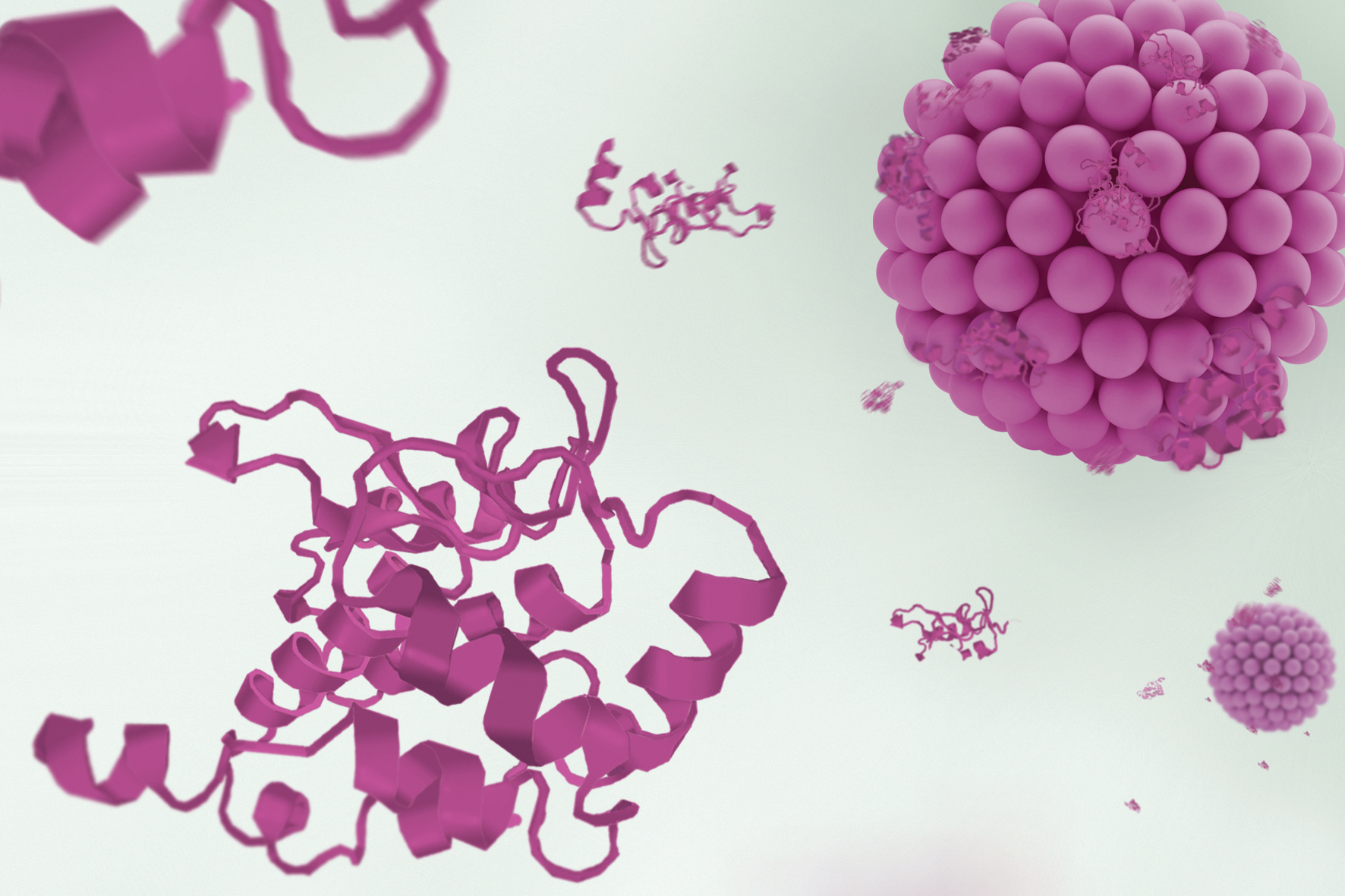



Key personnel
Research Topics
Curriculum
Fabio Vianello was born in London in 03/02/1962. In 1988, he got the degree in Biological Sciences at the University of Padova. In 1993, PhD in Biophysics and in since 2002 he is Associate Professor of biophysics and biochemistry in the Department of Biological Chemistry and since 2012 he works within the Department of Comparative Biomedicine and Food Science.
During his scientific career, he was involved in the development of amperometric and potentiometric biosensor, in the application of nuclear magnetic resonance on living systems and in the generation and decay of free radicals both in vitro and in vivo. He was interested in electron transfer phenomena of low molecular weight metal complexes in biological systems and in foods. Recently he is involved in nanobiotechnology research and in the development of nanobiosensors and in the application of magnetic nanoparticles. Since 2010 he is active as visiting professor in biochemistry at the Universidade Estadual Paulista (Sao Paulo, Brazil) and since 2012 he is visiting scientist at the Regional Centre for Advanced Technologies and Materials (Palacki University, Olomouc Czech Republic), were he was awarded for excellent scientific production in 2012. At the same time, he is working on food analysis and he is the director of the Master Course in Food Quality and Safety at University of Padova.
1 – Bionanotechnology
Starting from novel superparamagnetic nanoparticles, constituted of stoichiometric maghemite (γ-Fe2O3), synthesized in the laboratory by an innovative and simple method in the dimension range of few nanometers, new biotechnological applications are under exploration. The new material was patented and characterization by different techniques, such as HRTEM, x-ray powder diffraction, magnetization measurements, Mössbauer, FTIR and optical spectroscopy. The nanometric maghemite product is very stable as a colloidal suspension without any surface coating and is characterized by the ability to reversibly bind specific molecules on the bare iron oxide surface. These bare stoichiometric maghemite (γ-Fe2O3) nanoparticles can be easily used to bind organic molecules, DNA and enzymes. Fluorescent magnetically drivable nanocarriers are currently prepared and characterized using different enzymes, developing new fluorescent magnetically drivable nanocatalysts. The aim of future research projects is aimed to develop new simple procedures to isolate and purify proteins and nucleic acids and to propose new biosensors, based on electrochemical and gravimetric transducers.
2 – Food analysis:
The present research line is focused on the determination of the composition of food products, providing independent, 3rd party, chemical and physical analysis on an array of food, water, cosmetic and pharmaceutical. The laboratory produces credible and accurate testing, maintains officially approved methodologies and generates reliable results that can positively impact business. The research tem offer a broad range of consulting and technical services to assist manufacturers, operators, distributors and retail providers in assuring the quality and safety of their food, beverage, pharmaceutical and cosmetic products.